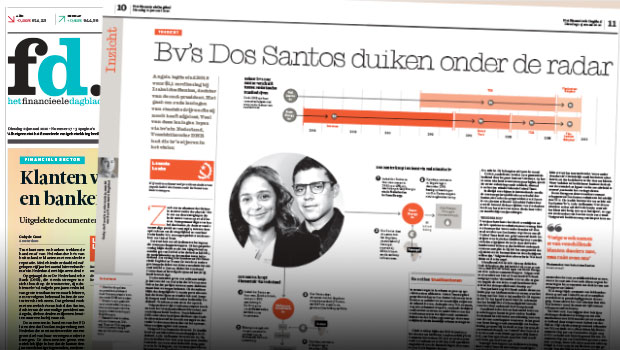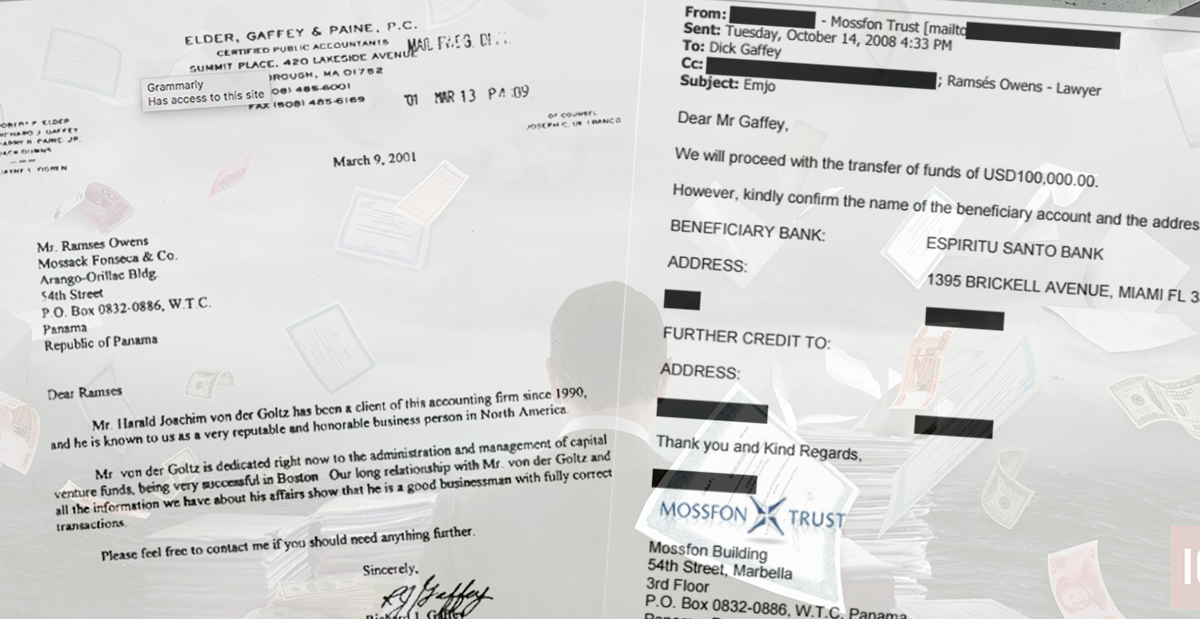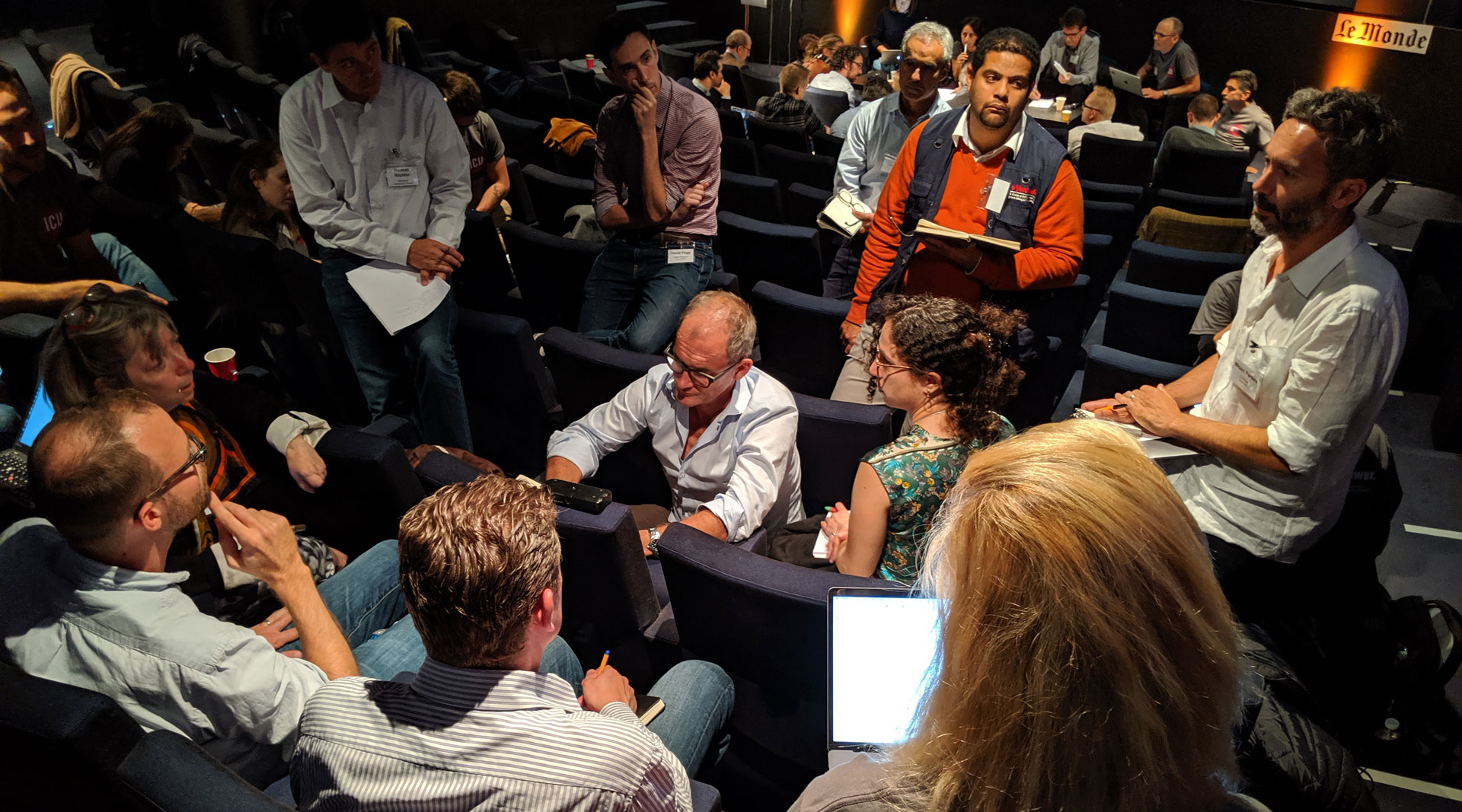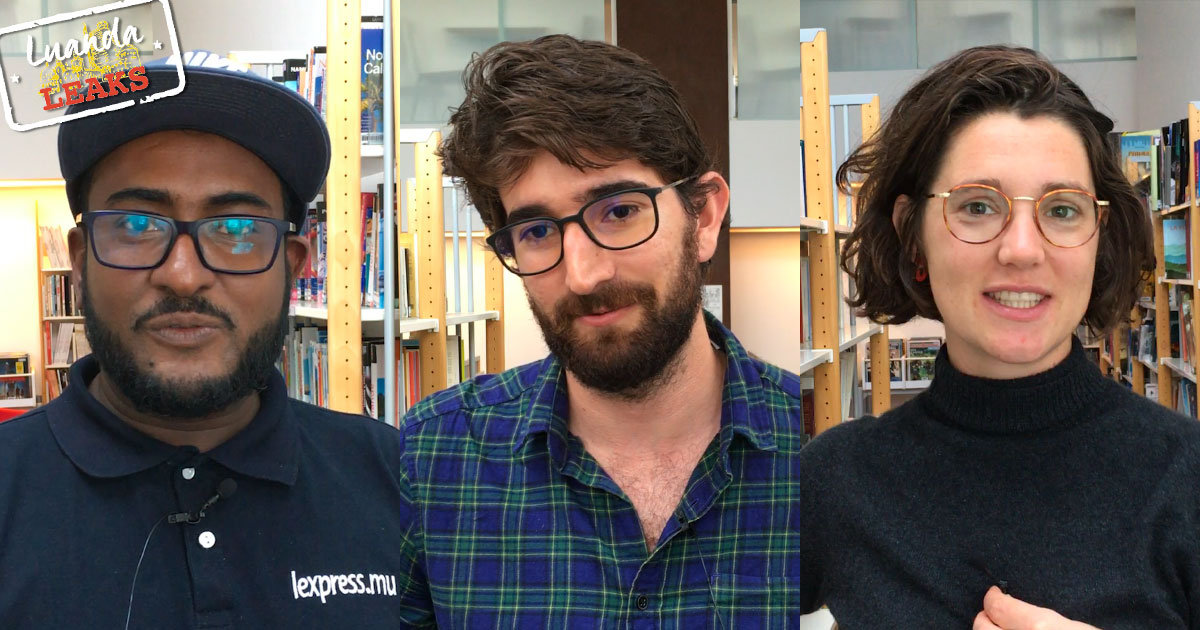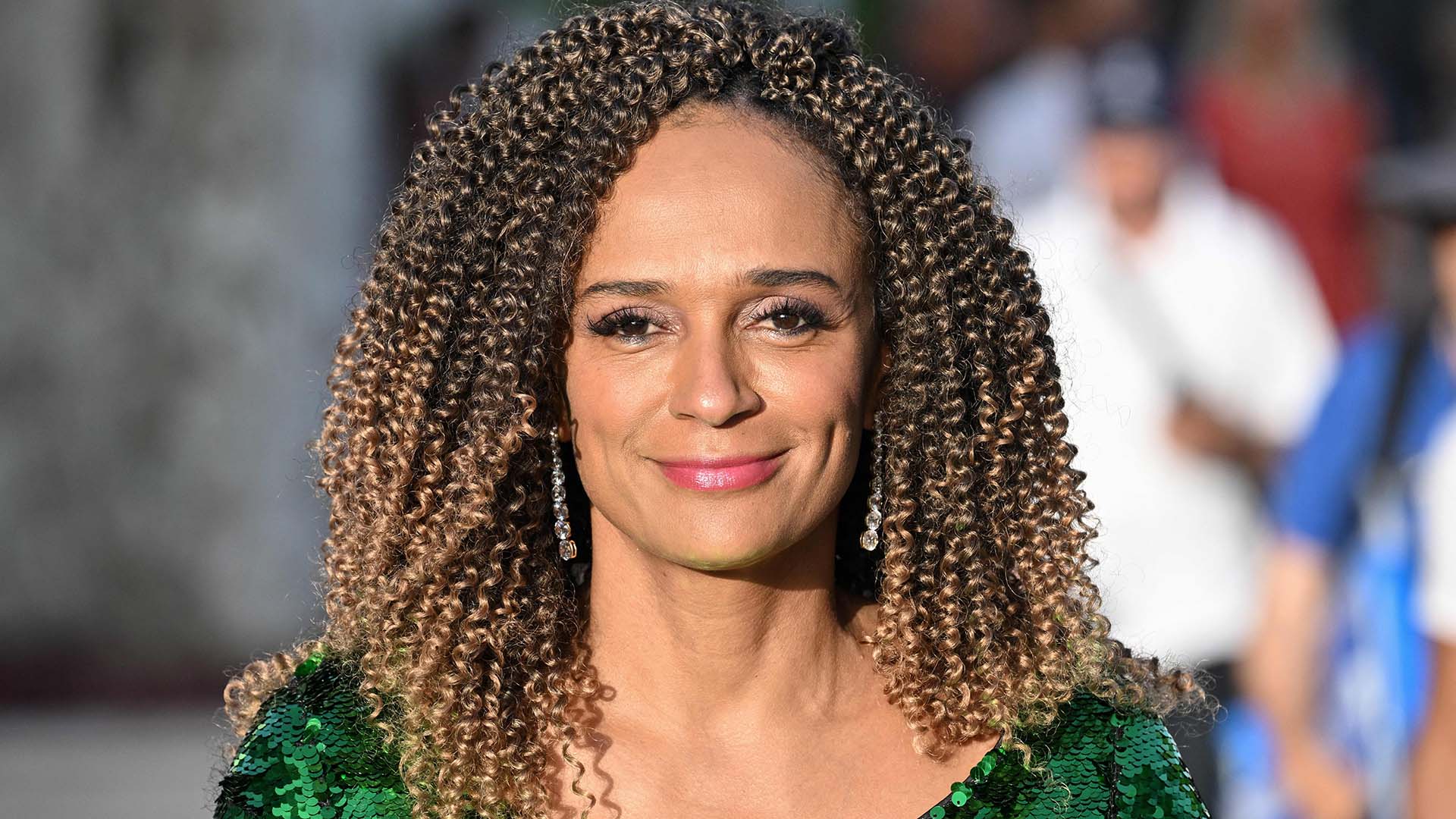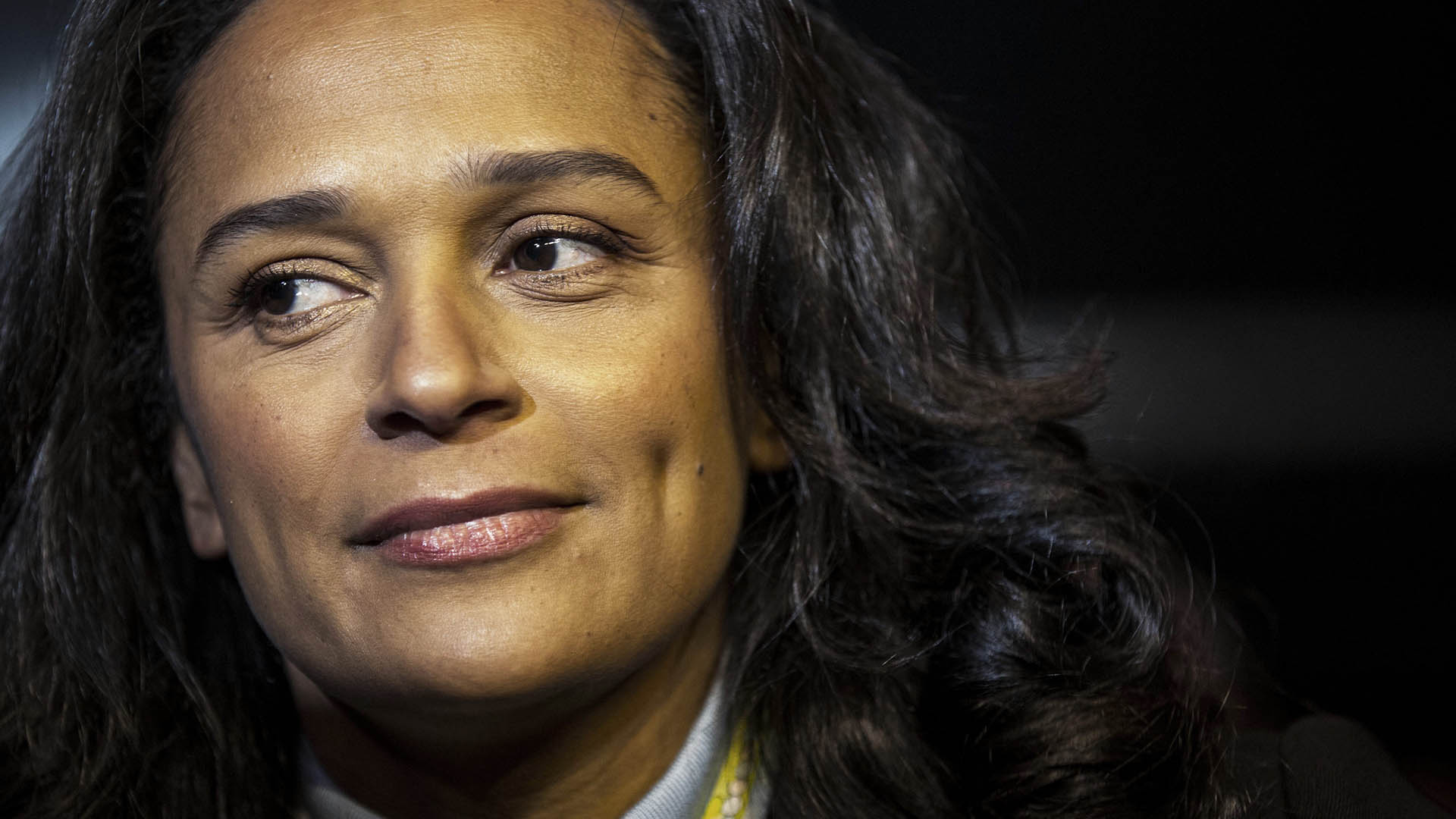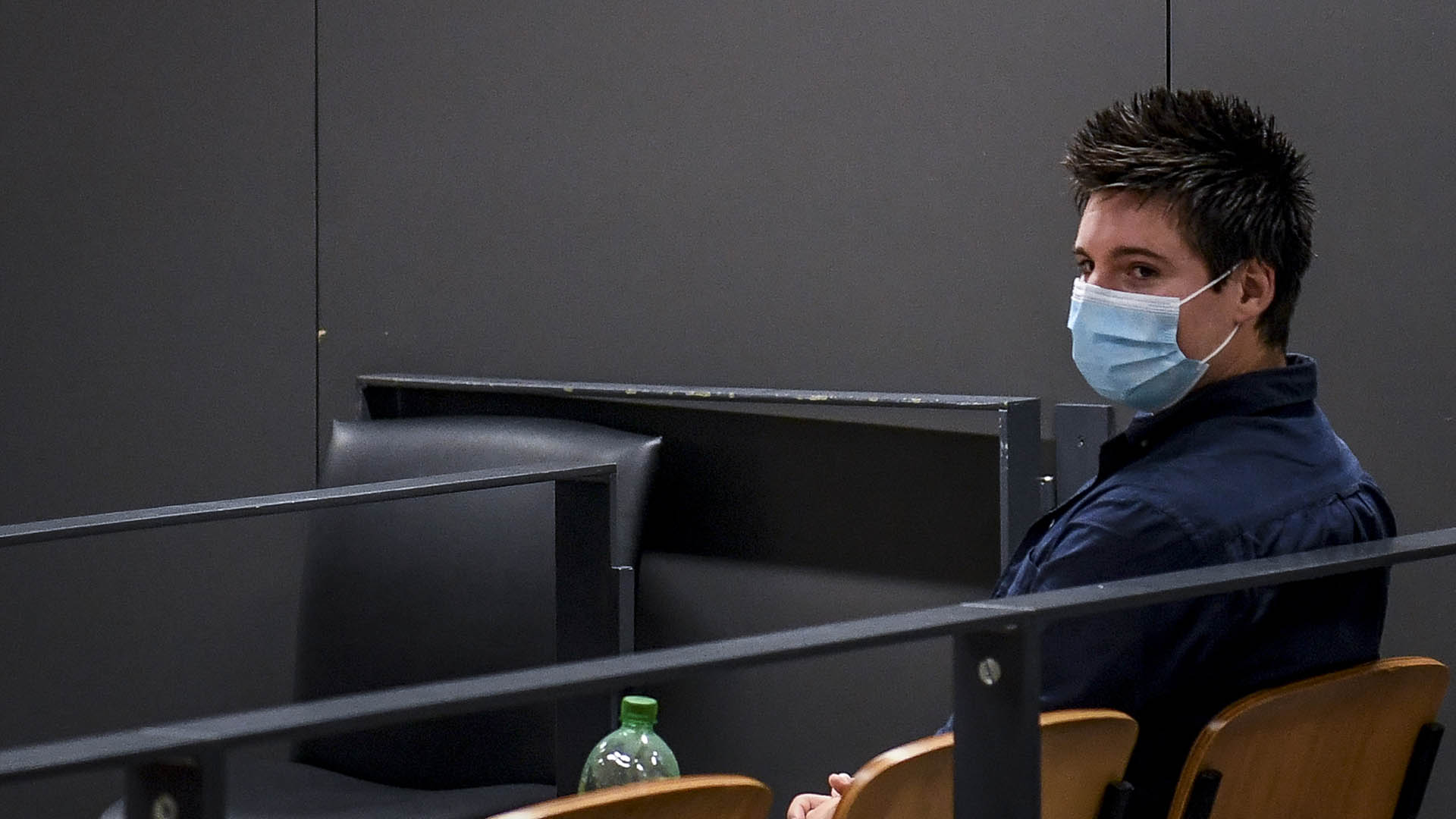A Dutch court has dismissed a case brought by a trust company against journalists who reported on Angolan billionaire Isabel dos Santos as part of the Luanda Leaks investigation.
The civil court in Amsterdam rejected United International Management’s claims that local newspaper Het Financieele Dagblad had incorrectly characterized the firm’s relationship with dos Santos and her husband, Sindika Dokolo.
United International Management alleged that Het Financieele Dagblad, editor-in-chief Jan Bonjer and journalist Gaby de Groot wrongly suggested in a story that the trust company had cut ties with dos Santos-related companies under pressure from Dutch regulators. United International Management also alleged that the newspaper provided insufficient time to answer questions.
Judge Mirjam van Walraven rejected all of United International Management’s claims.
Judge van Walraven found that Het Financieele Dagblad had accurately and properly relied on documents from Luanda Leaks. She also rejected a claim that the newspaper, which gave United International Management one month to reply, had been unfair.
The lawsuit shows the determination of some parties in the trust sector to obstruct our work as journalists – Prisco Battes
Het Financieele Dagblad deputy editor-in-chief Prisco Battes told ICIJ: “We are very satisfied to have won the case on all counts. The lawsuit, however, shows the determination of some parties in the trust sector to obstruct our work as journalists rather than to be accountable to the public for their actions.”
Luanda Leaks, coordinated by ICIJ, revealed how dos Santos and her husband relied on specialists, including United International Management, to help move hundreds of millions of dollars in public money out of Angola, much of it into offshore tax havens. The Luanda Leaks revelations are based on records obtained by the Platform to Project Whistleblowers in Africa and shared with ICIJ.
From 2013 until 2016, United International Management provided services to a suite of companies owned by Dokolo and dos Santos.
They include one entity used by Dokolo to acquire a stake in the Portuguese energy company Galp in a preferential deal with the Angolan state, while his father-in-law was the nation’s president. The stake was acquired for $99 million, but with a down payment of just $15 million that the state oil company agreed to loan to Dokolo’s company, according to Luanda Leaks documents. The stake is now worth an estimated $800 million.
Angolan authorities now allege that Dokolo and dos Santos have not repaid the full purchase price. The couple denies the claim.
Het Financieele Dagblad reported on dos Santos and Dokolo’s business in the Netherlands using leaked emails, corporate records and interviews.
In one email dated July 23, 2015, dos Santos’ advisers wrote about meeting United International Management in Amsterdam. The trust company told dos Santos’ advisers that they were under pressure from Dutch regulators, according to the email. United International Management said it no longer wanted to act as Exem’s directors, according to the advisers’ email.
Dos Santos’ advisers discussed how to work with United International Management, albeit with legal, accounting and tax arrangements that would draw less attention from authorities, according to emails.
“There is a problem for which we must find a solution,” wrote one dos Santos adviser, according to documents from Luanda Leaks. “Trying other smaller trust companies that are not immediately on the radar.”
Dutch trust companies have come under increasing scrutiny. A 2017, parliamentary inquiry found that “many trust offices based in the Netherlands and beyond ignore international laws and regulations, facilitating money laundering, corruption and tax avoidance.”
United denies wrongdoing and said it was unaware of the email sent by dos Santos’ advisers in which an alternative option “not immediately on the radar” was discussed.
In December 2019, after ICIJ and media partners contacted dos Santos with questions about her business deals, a court in Angola froze her assets, alleging that she, Dokolo and a Portuguese adviser caused the state losses of more than $1 billion.
In January, Angolan prosecutors formally accused dos Santos of embezzlement and money laundering. Dos Santos and Dokolo deny wrongdoing and have called investigations into their businesses a “witch hunt.”
